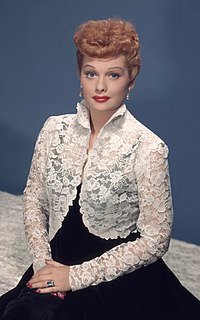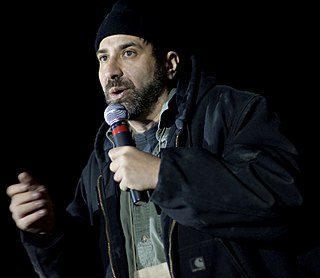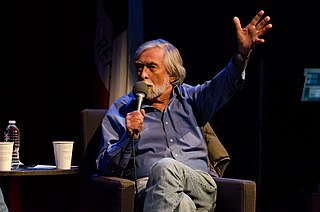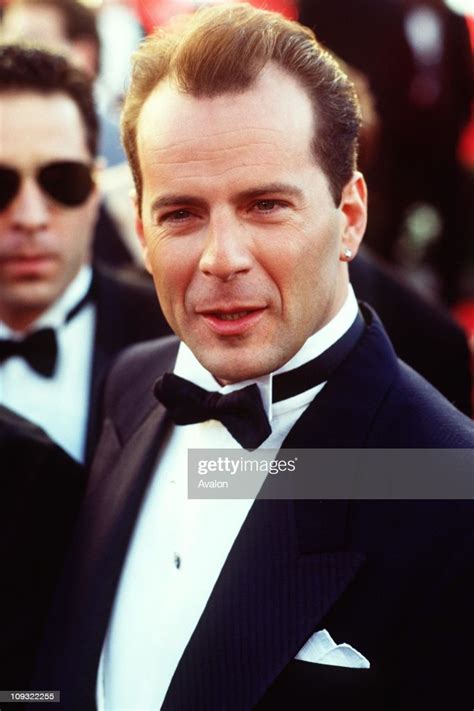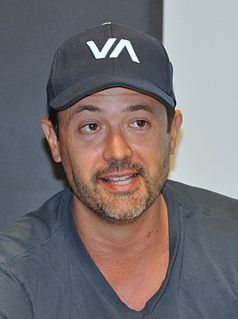A Quote by Don Rickles
I'm not a big one for jokes. I can't tell a joke, believe it or not. If you gave me a thousand bucks and said, "Don, get up at a party and tell a joke," I'm the worst.
Related Quotes
Humor has the tendency to be funny once. If I tell you a joke, we're going to have a big laugh. But the second time I tell the joke, it's going to be a bit strange, and the third time you're going to ask if there's something wrong with me. So I am very cautious with jokes, but there is a lightness in my work.
Now, I want to explain something to you guys. I don't have an ending joke, because I don't tell jokes. I tell real-life stories and make them funny. So, I'm not like the average comedian. They have an ending joke; they always holler Peace! I'm out of here, and walk off stage. So, basically, when I get through performing on stage, I just walk off.
"I've learned what's funny verbally ain't so funny on e-mail: They don't hear your intonations. Melissa broke up with somebody over that. She tried to tell him: "That was a joke!" But he just didn't get it. Mick Jagger said, "F- 'em if they don't get the joke." And I love him. That comes with age: Knowing it's their problem, not mine."

